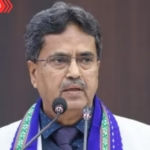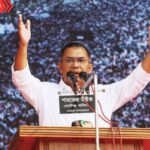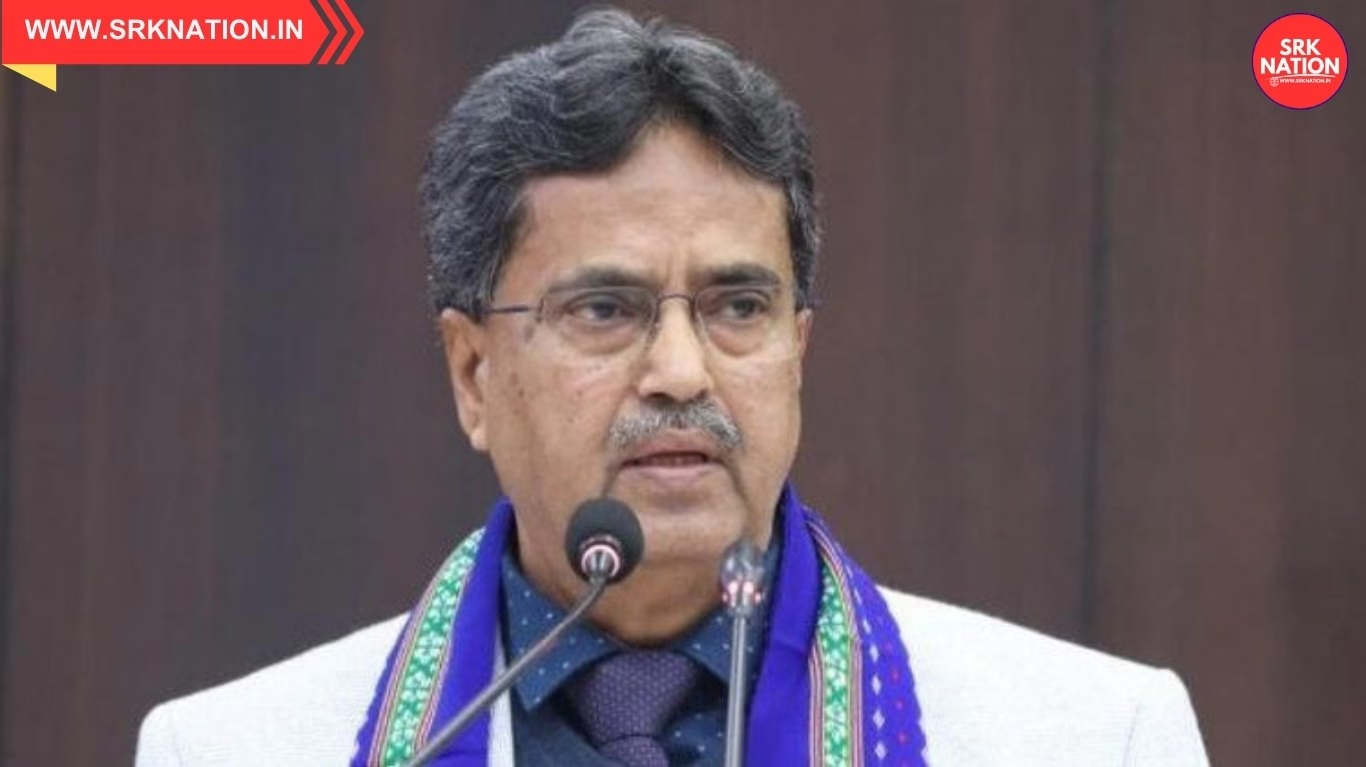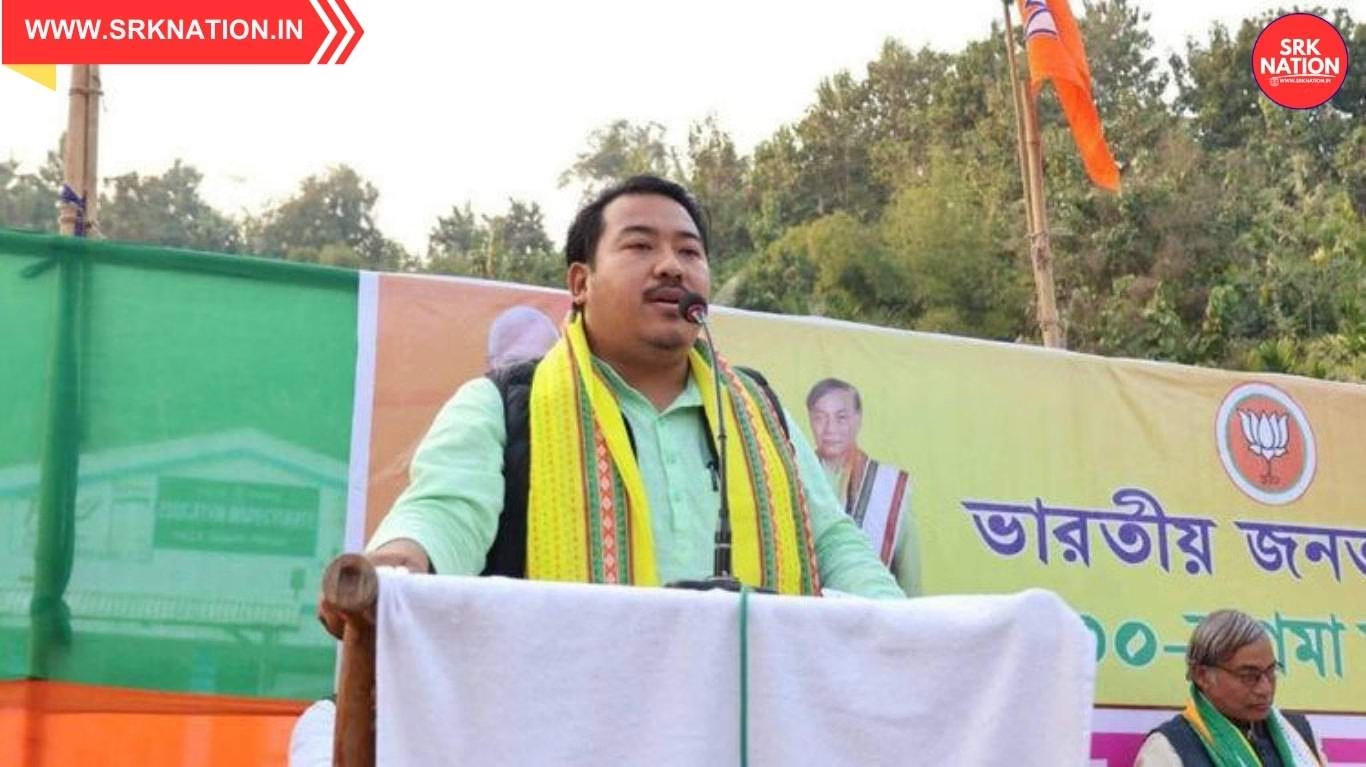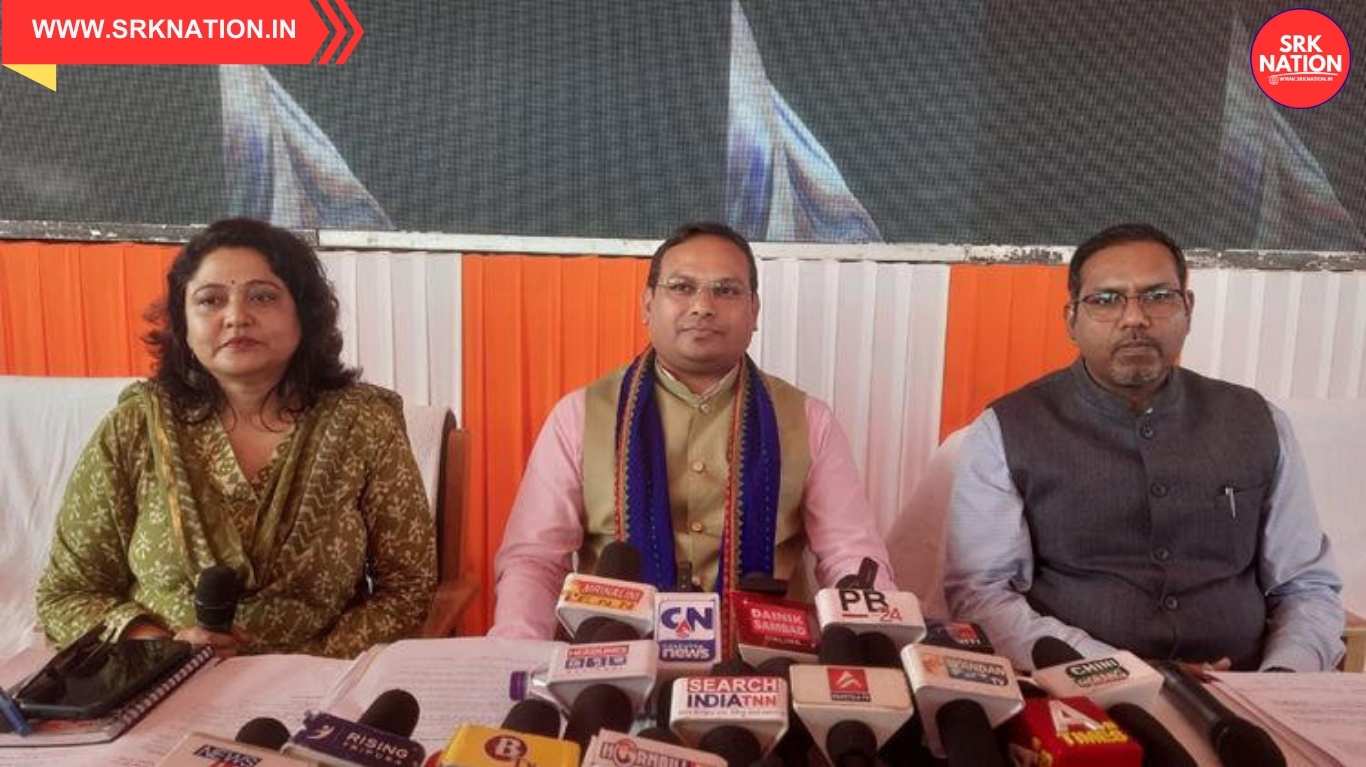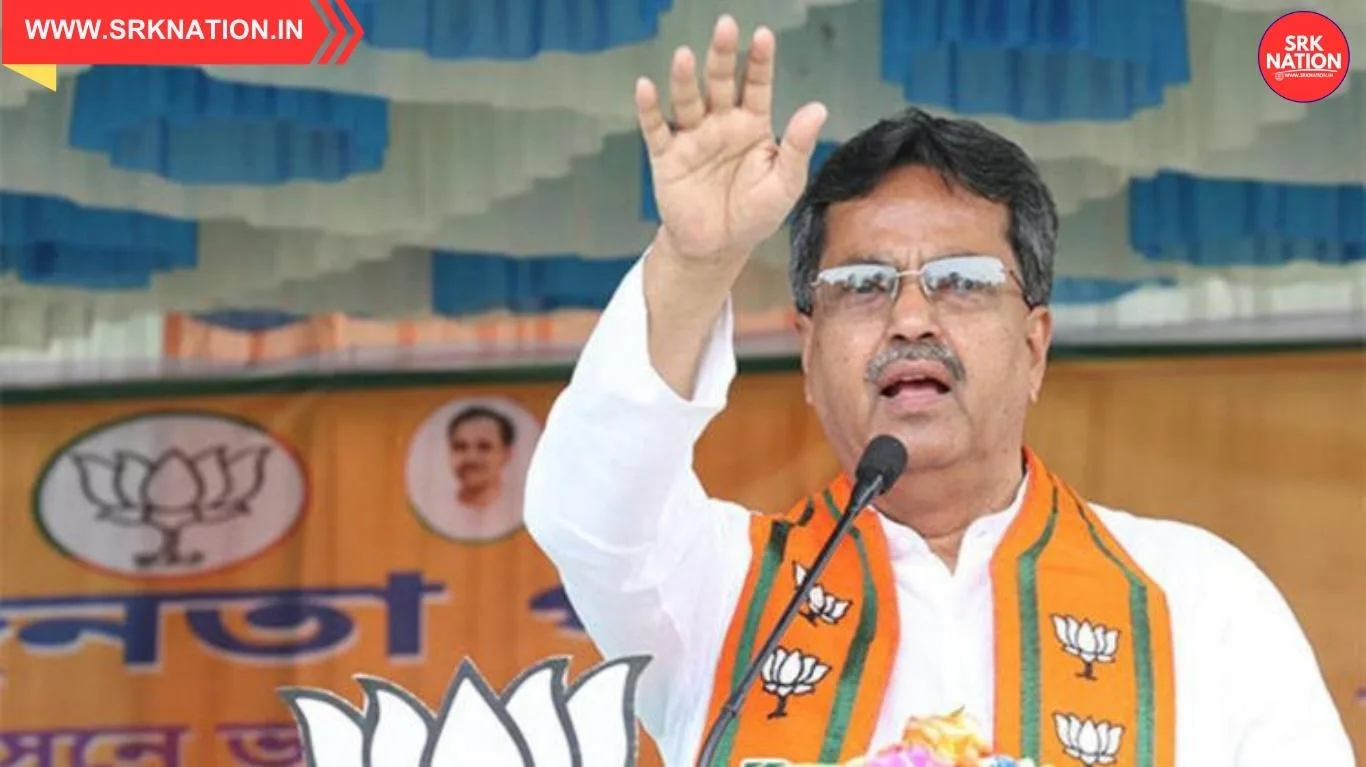In a strong statement underscoring the cultural sensitivities and political dynamics in Tripura, Tipra Motha MLA Animesh Debbarma has criticised the reported move to rename Agartala’s iconic Town Hall after Syama Prasad Mookerjee. The MLA asserted that any such decision ignoring the historical and emotional connection of the indigenous people with the royal family will face resistance.
Background
The controversy erupted after the Tripura government proposed renaming Agartala Town Hall after Syama Prasad Mookerjee, the founder of Bharatiya Jana Sangh, in recognition of his contribution to national integration. While BJP leaders justified the move as an honour to Mookerjee’s legacy, it sparked protests among opposition parties, including CPI(M) and Congress, who termed it ‘politically motivated’.
However, Tipra Motha, the regional tribal party led by Pradyot Kishore Debbarma, has raised concerns from a cultural and indigenous identity lens rather than political rivalry alone.
MLA Animesh Debbarma’s Strong Words
Addressing reporters, Debbarma said:
“We will not tolerate any attempt to erase or dilute the heritage of Tripura’s royal family, which built institutions for the welfare of all communities. Town Hall is a symbol of that era. The sentiments of the indigenous people must be respected.”
He emphasised that renaming public institutions without wider consultation alienates local communities, adding that the royal family played a central role in shaping Tripura’s modern history, culture, and governance systems even before its merger with India in 1949.
Town Hall’s Historical Significance
Built during the reign of the Manikya dynasty, Agartala Town Hall has been a centre for:
- Cultural performances and literary gatherings
- Political meetings across pre and post-independence eras
- Hosting annual royal events and later state functions
For many in Tripura, particularly among indigenous groups, the Town Hall carries emotional significance tied to their historical identity.
Emerging Political Flashpoint
The BJP government has defended the move stating that renaming it after Syama Prasad Mookerjee is a tribute to his efforts in integrating Northeast India with the rest of the country. BJP Tripura leaders argue that:
- Mookerjee’s contributions must be highlighted for future generations
- Other historical structures in the state already honour royal family members
However, Tipra Motha sees it as an attempt to undermine regional pride and erase indigenous contributions. The party has been vocal about protecting tribal land rights, cultural symbols, and local governance autonomy.
| Key Stakeholders’ Positions | Position On Renaming |
|---|---|
| Tipra Motha (Animesh Debbarma) | Opposed, calls it disrespect to royal heritage |
| BJP State Unit | Supports, sees it as national tribute |
| Congress & CPI(M) | Opposed, calling it a political gimmick |
| Civil Society Groups | Divided, some demand public consultation |
Broader Implications
The Town Hall renaming issue comes at a time when Tripura is witnessing heightened assertion of indigenous identity under Tipra Motha, which emerged as the second-largest party in the recent assembly polls. Analysts view such controversies as potentially deepening regional-national fault lines if not handled sensitively.
What Tipra Motha Demands
- Full public consultation before renaming historic assets
- Preservation of royal family legacies central to indigenous identity
- Inclusion of tribal history in state-level commemorations
- Government focus on critical issues like employment and healthcare rather than symbolic moves
Previous Controversies Over Renaming In Northeast
The Northeast has witnessed similar debates over renaming public institutions or cities. For example:
- In Manipur, proposals to rename locations carrying colonial or tribal names sparked protests
- In Assam, renaming roads in Guwahati after ideological figures led to differences between local groups and state authorities
Analysts’ View
Political analysts opine that symbolic identity issues often overshadow governance debates in Northeast India. Renaming decisions, when taken without local consultation, risk alienating indigenous communities and providing ammunition to regional parties for mobilising emotive sentiments.
Public Reactions
While social media in Tripura saw mixed reactions, many users from indigenous backgrounds echoed Tipra Motha’s stand, urging the government to prioritise employment, education, healthcare, and infrastructure over symbolic name changes. A hashtag demanding ‘#RespectRoyalHeritage’ was trending among youth groups in the hills.
Next Steps
The state government has not issued a final notification yet. Sources indicate discussions are ongoing within the cabinet, and outreach to royal family members may be initiated to build consensus.
Disclaimer
This news article is for information purposes only. Readers are advised to follow official government statements and party press conferences for further updates on the issue.

